Finding the right standalone OBD2 scanner can be a daunting task, especially with so many options available in the market. Whether you’re a professional mechanic, an enthusiast, or just want to diagnose your car’s trouble codes, a good scanner can save you time, money, and frustration. But what makes a scanner stand out from the rest? And how can you choose the one that perfectly fits your needs?
This guide will explore the world of standalone OBD2 scanners, helping you navigate through the maze of features, brands, and prices to find the best fit for your automotive needs. We’ll delve into the key factors to consider, review some top-rated scanners, and provide expert advice to ensure you make an informed decision.
Why Do You Need a Standalone OBD2 Scanner?
The engine light flashing on your dashboard can be a stressful sight. This means your vehicle’s computer has detected an issue, potentially triggering a warning light. An OBD2 scanner is your diagnostic tool for understanding what’s going on with your car’s systems.
A standalone OBD2 scanner can help you:
- Read and clear trouble codes: Identify the specific issue causing the engine light to illuminate.
- Monitor live data: Get real-time information on various engine parameters, like fuel pressure, engine speed, and oxygen sensor readings.
- Perform data logging: Record data over time to identify intermittent problems.
- Reset service lights: Turn off the “check engine” light after a repair.
- Obtain vehicle information: Access details like VIN, mileage, and vehicle history.
What to Look for in a Standalone OBD2 Scanner
Choosing the best standalone OBD2 scanner for your needs boils down to considering several crucial factors:
1. Compatibility:
- Vehicle Compatibility: Ensure the scanner supports your vehicle’s year, make, and model. Some scanners work with a wide range of vehicles, while others are specific to certain brands or models.
- Protocol Compatibility: Check if the scanner supports the latest OBD2 protocols, including CAN (Controller Area Network).
Expert Tip: “Ensure your OBD2 scanner is compatible with your vehicle’s protocols. Older protocols may not be supported by newer vehicles. A scanner that is compatible with CAN protocols is generally a good choice for the most up-to-date vehicles.” – Mark Johnson, Certified Automotive Technician
2. Features:
- Code Reading and Clearing: All OBD2 scanners can read and clear trouble codes.
- Live Data Monitoring: This feature allows you to see real-time sensor readings, which is useful for diagnosing performance issues.
- Data Logging: If you encounter intermittent problems, data logging can help pinpoint the cause.
- Additional Features: Look for features like freeze frame data (captures engine conditions at the time of a fault), sensor tests (check specific sensors for proper operation), and vehicle information retrieval.
3. Interface:
- Screen Size: A larger screen is better for displaying data and menus.
- Resolution: Higher resolution provides a clearer and more detailed view of data.
- Navigation: A user-friendly interface and easy-to-navigate menus are essential for quick and effective diagnosis.
4. Software:
- Updates: Ensure the scanner’s software can be updated regularly to support new vehicles and protocols.
- User-Friendliness: The software should be intuitive and easy to understand, especially for beginners.
5. Price:
- Budget-Friendly: Basic scanners offer the core functionality for reading and clearing codes, but might lack advanced features.
- Mid-Range: Mid-range scanners provide a good balance between price and features.
- High-End: Premium scanners offer advanced features, larger screens, and comprehensive data analysis capabilities.
Choosing the Right OBD2 Scanner: A Breakdown by Needs
The best standalone OBD2 scanner for you depends on your specific needs and budget:
For the Home Mechanic:
If you’re a DIY enthusiast who enjoys working on your car, a mid-range scanner with live data capabilities and data logging is an excellent choice. This will allow you to diagnose issues effectively and perform basic maintenance.
For the Professional Mechanic:
Professionals need a scanner that is reliable, robust, and offers a comprehensive set of features. A high-end scanner with advanced diagnostics, data analysis, and programming capabilities is recommended.
For the Average Driver:
If you just want to read and clear trouble codes occasionally, a basic scanner can be sufficient. However, if you want a deeper understanding of your vehicle’s health, a scanner with live data and other features can be beneficial.
Top Standalone OBD2 Scanners to Consider
Here are some highly rated OBD2 scanners across different price points:
Budget-Friendly:
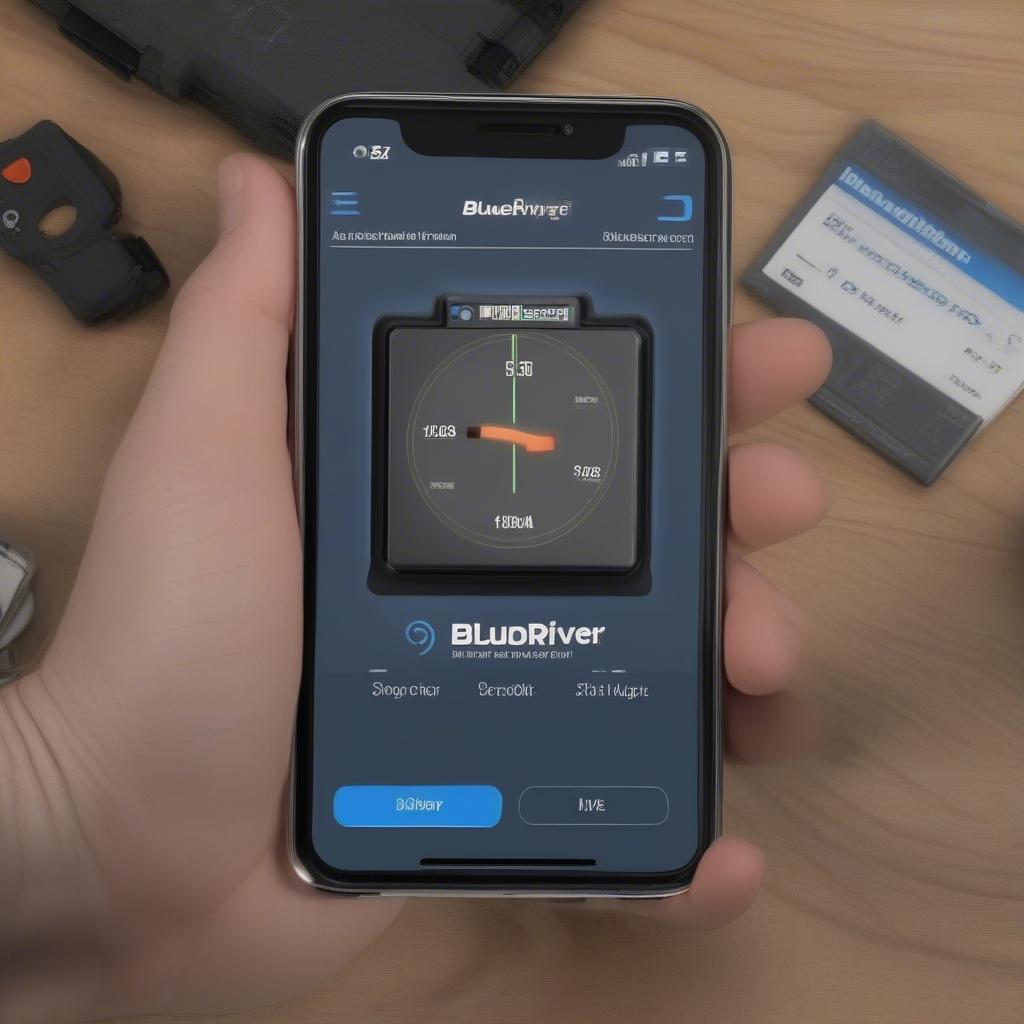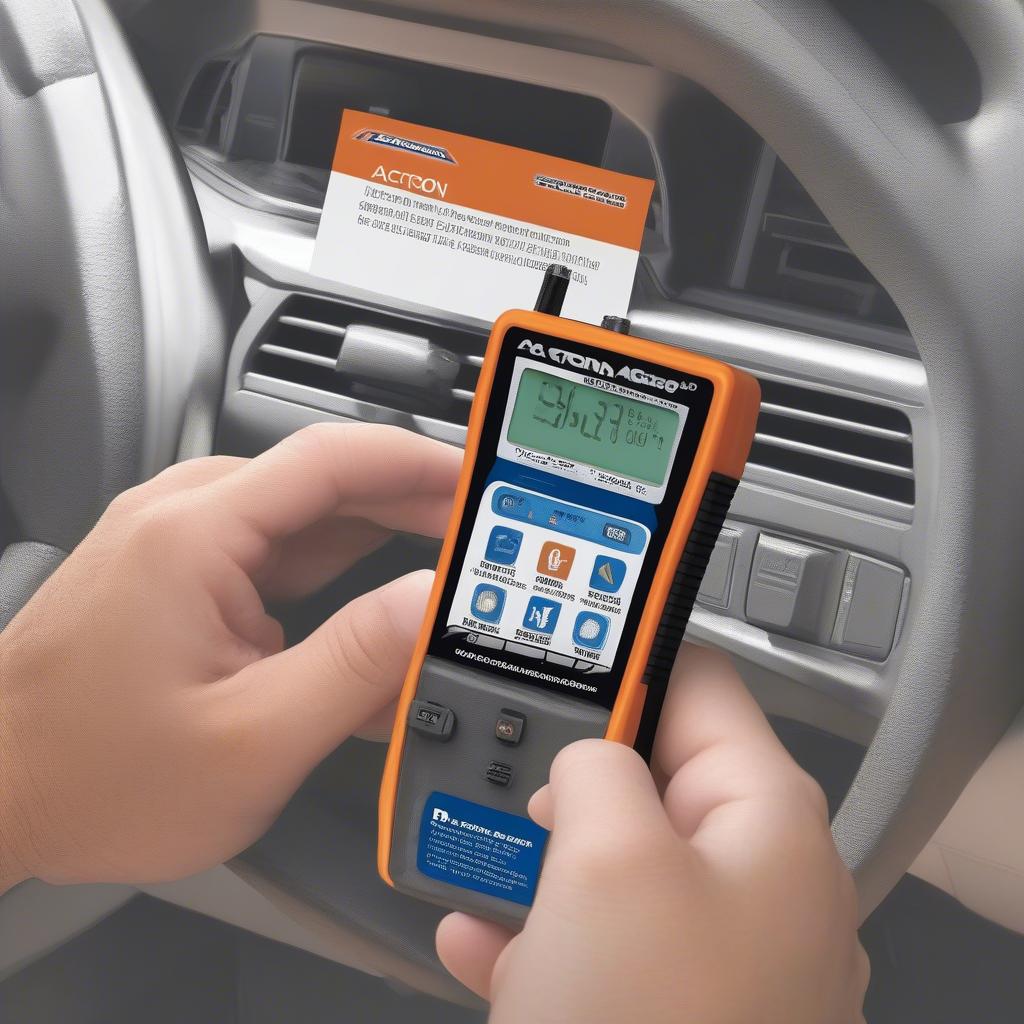
Mid-Range:
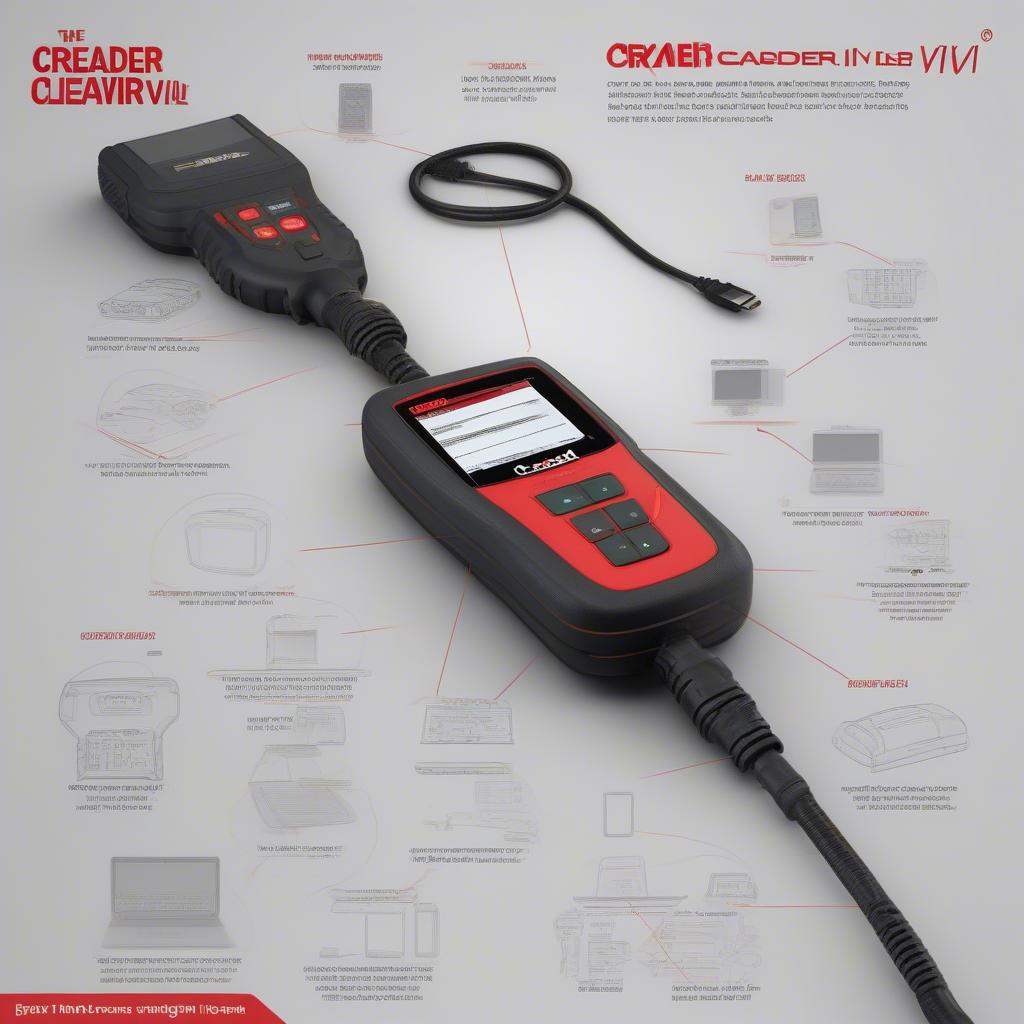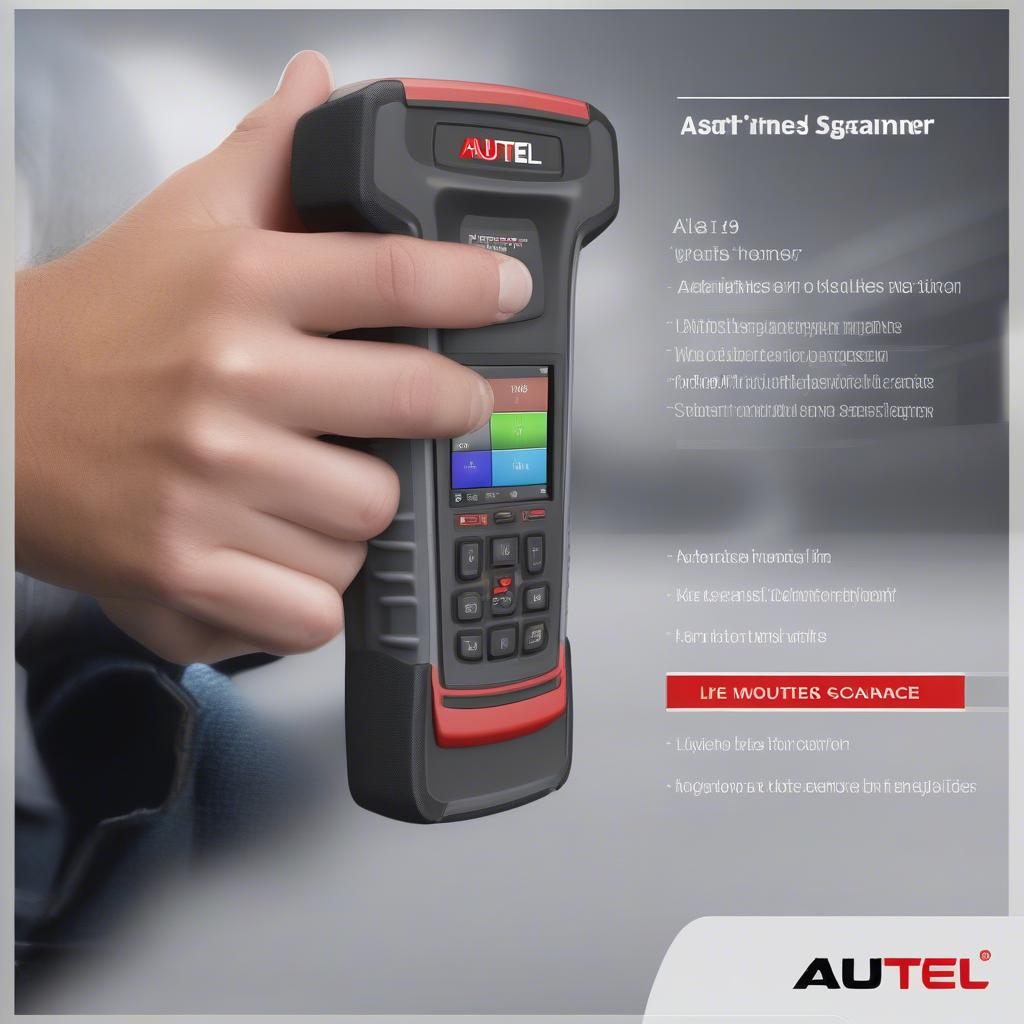
High-End:
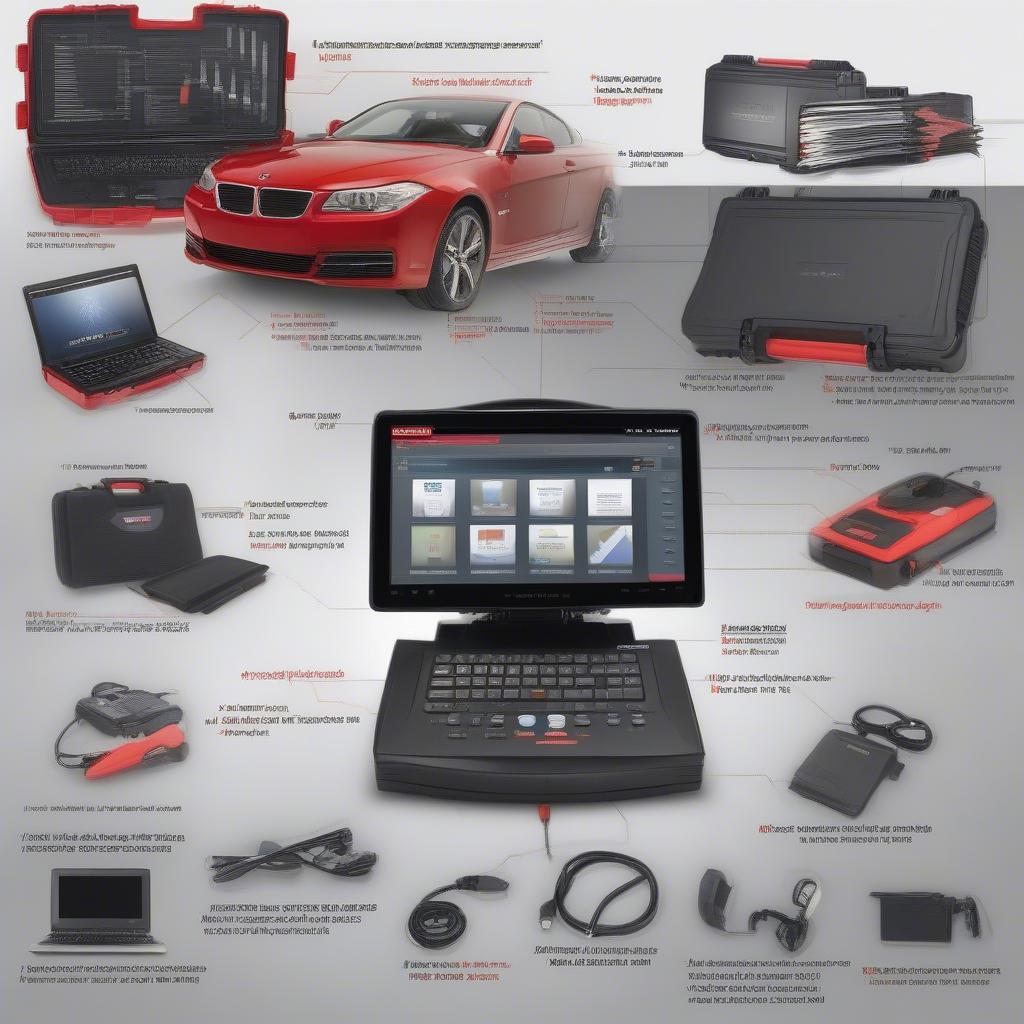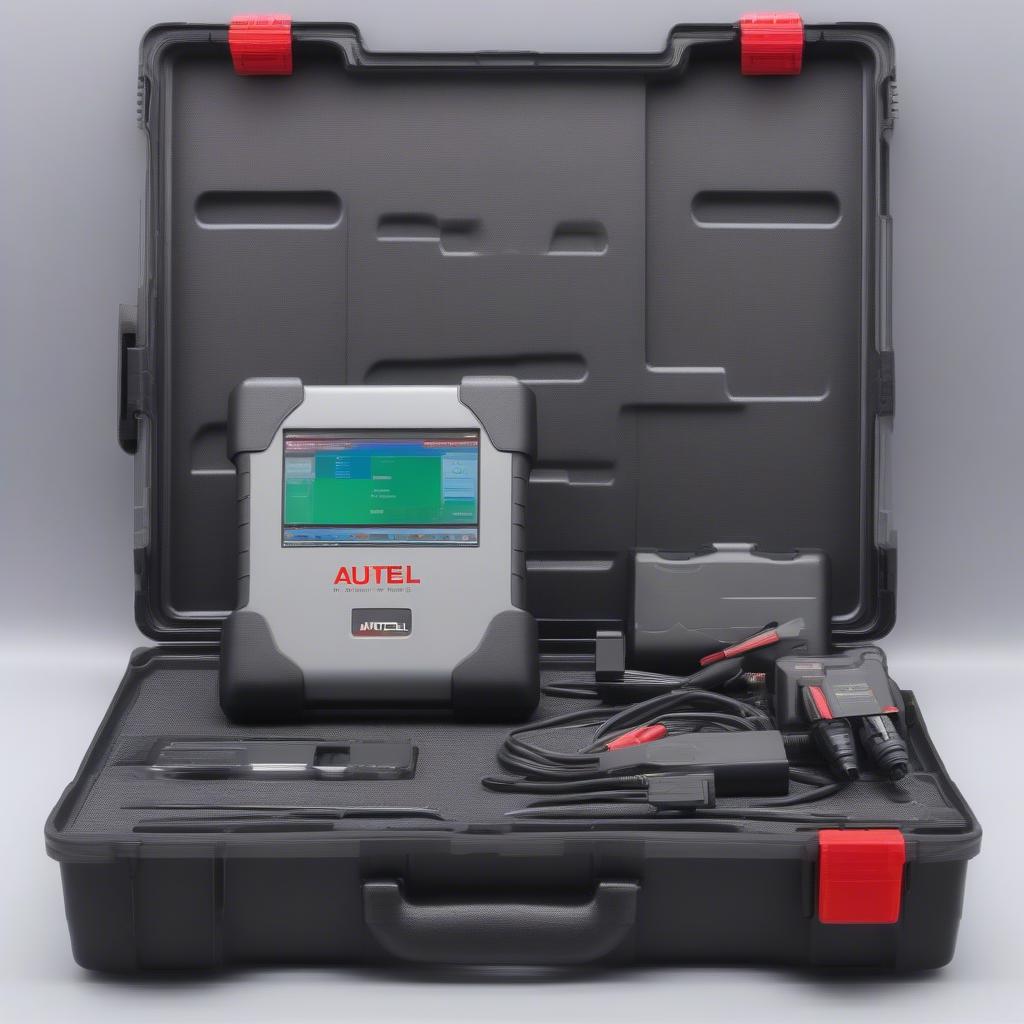
FAQs
- Q: What is the difference between a standalone OBD2 scanner and a smartphone app?
A: Standalone OBD2 scanners are independent devices that connect directly to your vehicle’s OBD2 port. Smartphone apps require a Bluetooth or Wi-Fi connection to a separate OBD2 adapter. While apps can be convenient, standalone scanners generally offer more advanced features and greater control over your vehicle’s data.
- Q: How often should I use an OBD2 scanner?
A: It’s a good practice to scan your vehicle’s OBD2 system at least once a month, especially if you’re experiencing any engine performance issues. Regular scans can help identify potential problems early, preventing more serious issues down the road.
- Q: Can I use an OBD2 scanner to reset my car’s service light?
A: Yes, most OBD2 scanners can reset service lights. However, it’s essential to follow the manufacturer’s instructions and ensure the problem has been properly addressed before resetting the light.
Conclusion
Choosing the best standalone OBD2 scanner for your needs requires careful consideration of your budget, desired features, and compatibility with your vehicle. Whether you’re a professional mechanic, a home enthusiast, or simply want to diagnose your car’s check engine light, a good scanner can be an invaluable tool.
This guide has equipped you with the knowledge to make an informed decision, helping you find the perfect scanner for your automotive needs. Remember, investing in a high-quality scanner can save you time, money, and frustration in the long run.
For any further questions or assistance, contact us at [email protected] or reach us on WhatsApp at +1(641)206-8880. Our team is available 24/7 to provide you with expert guidance and support.